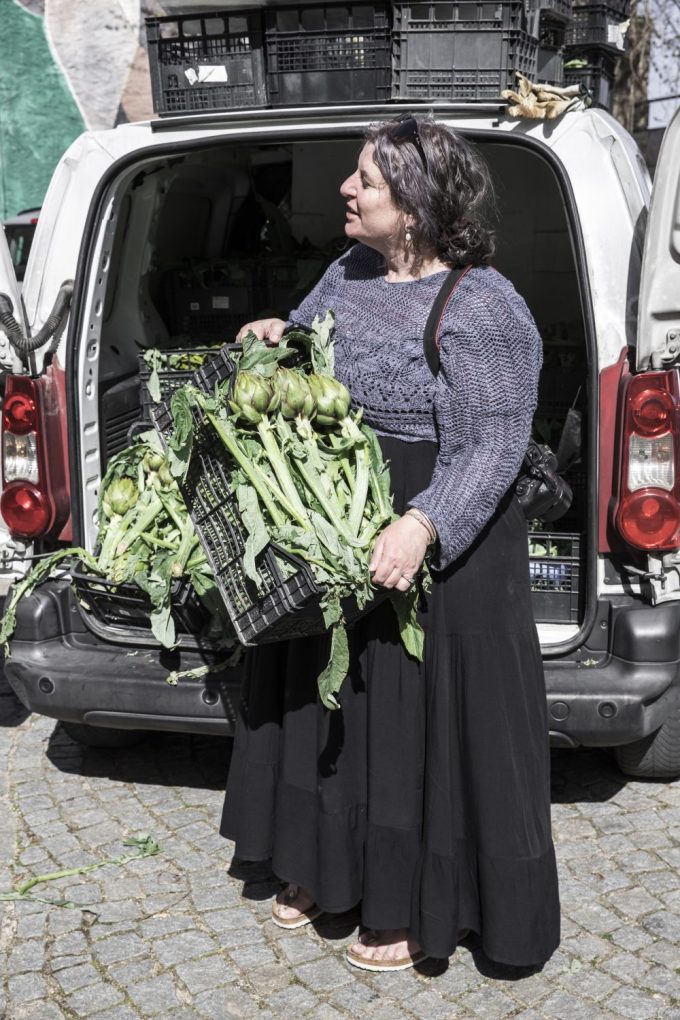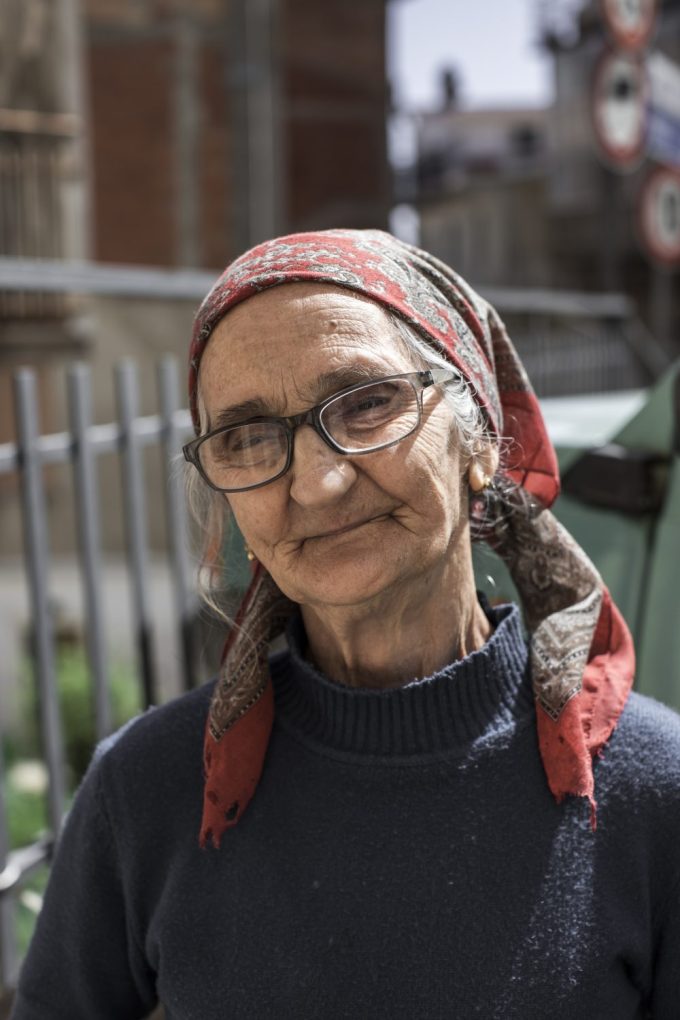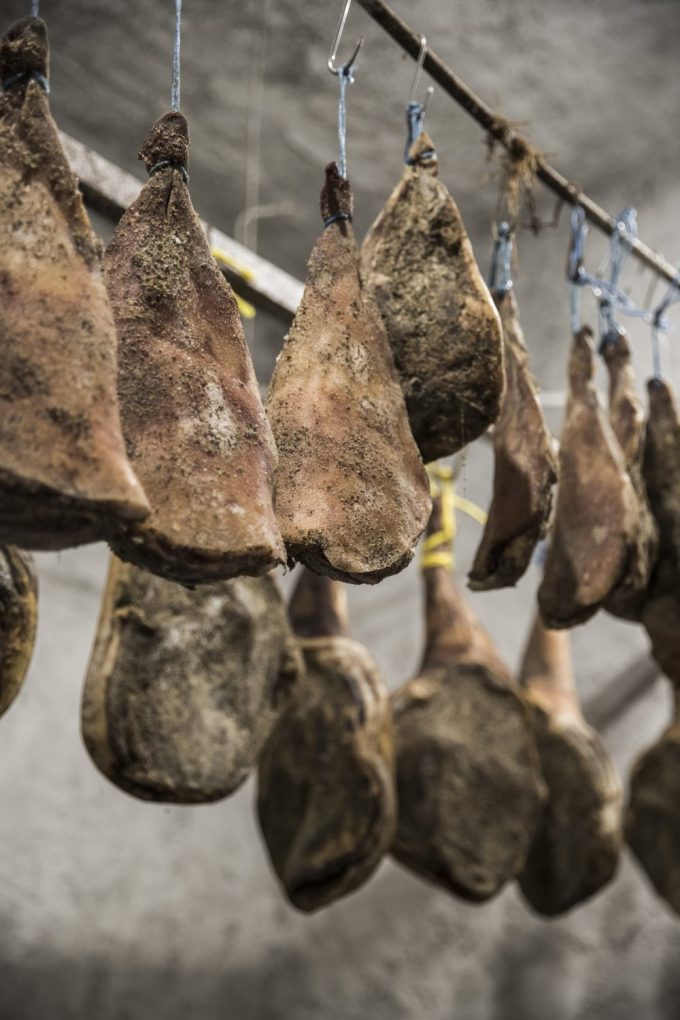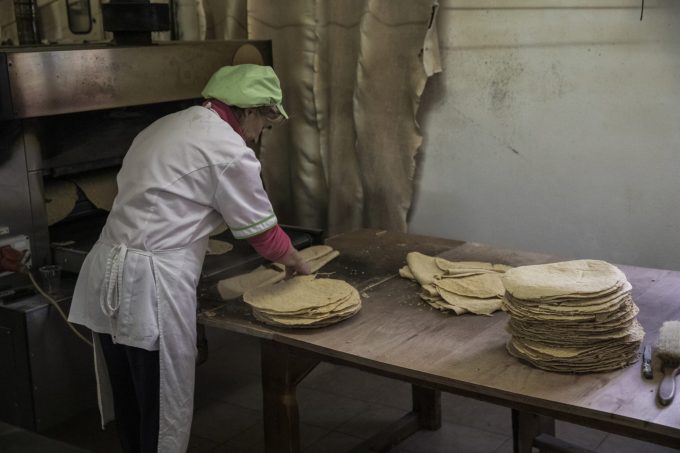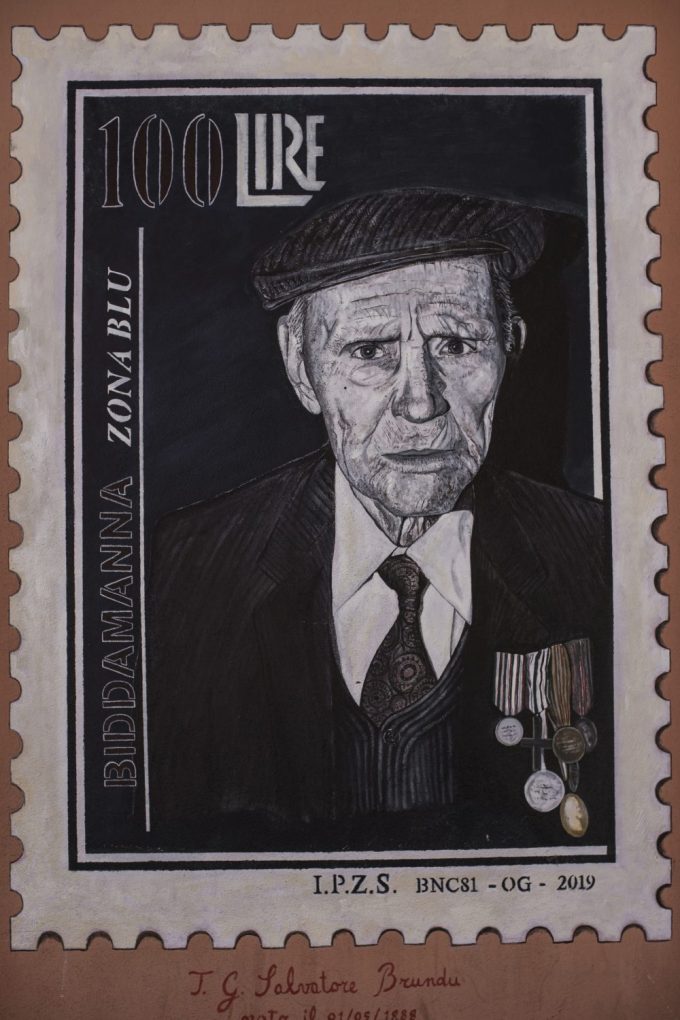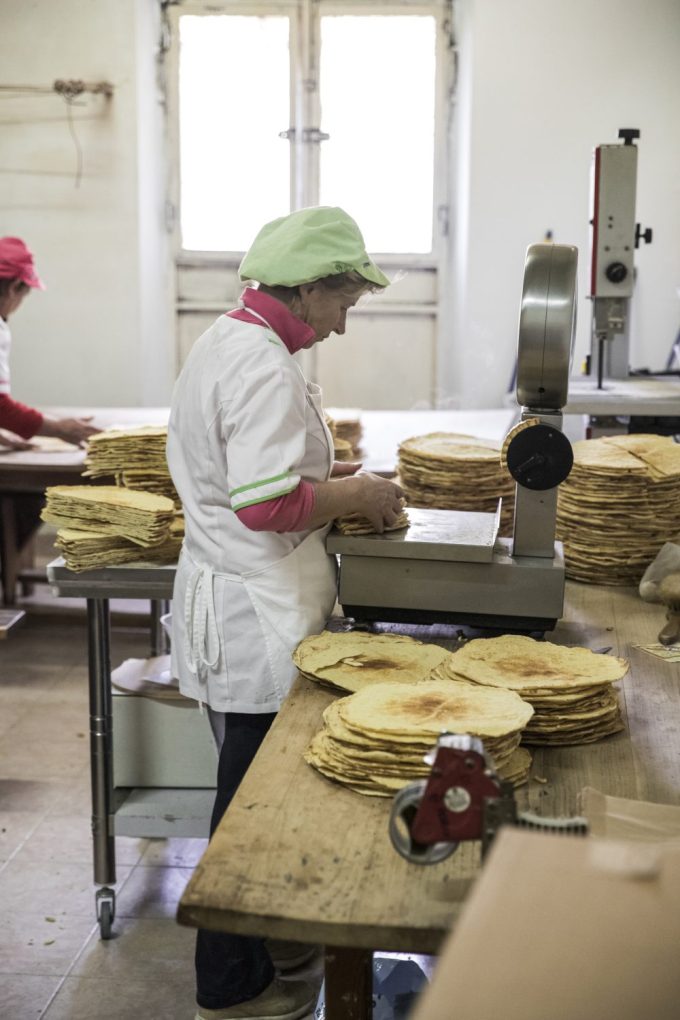Learning Objective
In an era where knowledge often circles back through repetitive channels, I have always been committed to seeking original insights into bread at the source. I'm also conscious that when people are presented with a new concept, it is easier to align it with something they already accept and understand. So, whilst there are subtle differences between the two, there is a remarkable similarity between the BALM protocol and the bread eaten in the blue zones—where people live the longest in the world. When I work with people who are new to the idea and personalise their bread, then this comparison makes sense to them.
Creating a framework for healthy bread wasn't about a random selection of healthy things; it was a carefully created way to approach bread. I wanted to examine how this compared with the bread in Sardinia, a celebrated Blue Zone. This feature explains more about how BALM fits with the bread in some of the diets of the people who love it the longest, and that contributes to its residents' remarkable longevity. I explain the correlation between the dietary principles encapsulated in the BALM protocol and those observed in the local community. This feature explores how BALM reflects the Blue Zone diet, and You have to understand that BALM is similar to the Mediterranean way of eating, which is rich in fibre, diversity, and antioxidants and low in refined sugars. This diet mirrors the eating habits that sustain some of the world’s oldest populations.
Boots on the ground, baking in Blue Zone Sardinia.
It isn’t surprising to find synergies between BALM and the Blue Zones research. Perhaps more remarkable is the phenomenal synergy between the BALM Protocol and the Blue Zone research. I love getting into the heart of how people bake, eat, and share their bread. Nourishing the gut is not just about the fermentation. – it is about both lifestyle and the bread, whilst remarkable is only part of the picture. here are some of my favourite shots from my research, and there will be more in the new book; however, I hope they give you a flavour of how BALM is synergistic with the blue zone approach to bread.
BALM Protocol was created over many years and incorporated approaches from many stakeholders from different sectors, including farmers, millers, bakers, doctors and healthcare practitioners, academia, industry, and society as a whole, in the research and development process.
BALM is not new; it has been used for many years. It is unique because it isn’t a theory that sits online to be cited by academics. It is an academically rigorous protocol that is totally relevant and applicable to real-world problems. We often relate our protocol to other disciplines, and one of our favourites is the work Bread in the Blue Zones, which often reports about bread being key to longevity in The Blue Zones.
In recent years, the team has spent more time incorporating the specific elements of the identified Blue Zone regions into recipes in the symbiotic eating libraries and encouraging students to consider BALM in the context of Blue Zone living, Nutritional Psychiatry, and optimising Gut Health.
The BALM to baking, eating and eating bread was grounded in her living and training as a baker in southwest France, her Mediterranean heritage and her engagement with prominent figures, including Tim Spector and Profesor Felice Jacka, in the field of nutrition and mental health influenced the development of BALM as she recognised the significance of healthy eating, social connections, and holistic well-being, aligning with the principles that are commonly observed in the Blue Zones studies in her early 20’s.
BALM and the Blue Zones studies emphasise the importance of holistic well-being.
The Blue Zones research goes beyond bread and identifies lifestyle factors beyond diet, such as social connections, physical activity, and a sense of purpose, as contributors to longevity and well-being. Similarly, BALM recognizes the significance of baking, eating, and sharing bread as integral aspects of well-being, nurturing mental health, promoting social connections, and fostering a sense of purpose. Likewise, BALM teaches not just how to bake bread but how to eat and share bread. The Blue Zones studies similarly emphasize plant-based diets, whole foods, and minimally processed foods as common dietary patterns among long-lived populations. BALM aligns with this emphasis on healthy eating through symbiotic eating of whole food and a plant-based diet, as well as promoting the consumption of diverse grains, fermentation, and increased fibre intake, all of which are associated with improved health outcomes.
BALM & Community Connections:
All the Blue Zones research highlights the importance of strong social connections and community engagement in promoting longevity and well-being. Similarly, BALM recognizes the value of community and social interactions, encouraging the practice of baking and sharing bread as a means of fostering connections, creating meaningful relationships, and promoting overall mental well-being.
By integrating elements of healthy eating, social connections, and holistic well-being, BALM reflects the underlying principles of the Blue Zones research. This alignment is a testament to the multidimensional nature of well-being and the common themes that emerge across different studies, and approaches focused on promoting a healthy and fulfilling life.
The BALM protocol embodies a lifestyle approach that echoes the way people eat in the Blue Zones. These regions of the world see people living much longer than average. Blue Zones are characterised by specific lifestyle factors, many of which are also integral to BALM, including a plant-heavy diet, regular physical activity, strong social networks, and a sense of purpose.
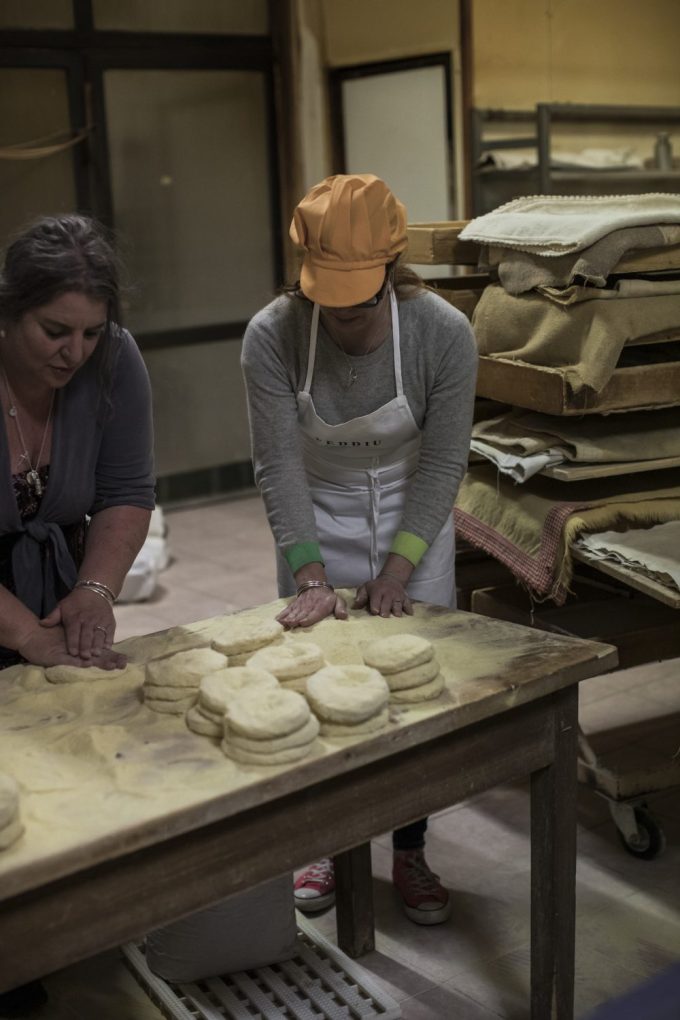
1. Lifestyle Medicine Approach:
Like the balanced lifestyle observed in Blue Zones, BALM isn’t simply a diet or a baking regimen—it’s an approach to living that centres around baking, eating, and sharing bread and is informed by lifestyle medicine.
2. Increased Fibre:
Much like diets in Blue Zones, the BALM approach places a strong emphasis on increasing daily fibre consumption. This supports the gut microbiome and general well-being, aligning with the nutrient-rich, high-fibre diets and bread consumed in Blue Zones.
3. Increased Diversity:
The photos above on the markets show that Sardina’s diet is diverse, encompassing a wide range of plant-based ingredients. BALM similarly emphasizes the importance of food diversity, particularly through using different plant-based ingredients in baking.
4. Fermentation:
The BALM protocol recognizes the benefits of fermentation in enhancing the bioavailability of nutrients, a practice that is common in several Blue Zone diets.
5. Higher Antioxidant Levels:
Antioxidants play a key role in Blue Zone diets, and BALM shares this focus. The protocol increases the level of antioxidants through diversity blends in baking, similar to the naturally antioxidant-rich foods found in Blue Zones.
6. Increased Probiotics:
Probiotics are beneficial for gut health and are a common element in several Blue Zone diets. BALM supports the inclusion of probiotics alongside your bakes, similar to the way fermented foods are included in Blue Zone diets.
7. Reduced Refined Sugar:
Both BALM and Blue Zone bread and diets avoid high levels of refined sugars, acknowledging the links between sugar consumption and inflammation.
For more information on how you can teach or bake using BALM, please contact-us



